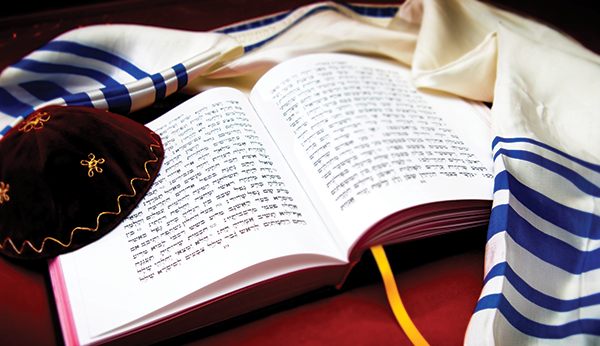Are We Capable of Evil?
Who distinguishes between Israel and other nations? The enormous ethical mission that the Reform Movement has taken upon itself in the last generation is the spiritual and practical strengthening of the belief that all people are created in God's image. This week's double portion tells of a battle in which the Israelites viciously vanquished the forces of the Midianites. Does their behavior reflect the image of God? Does ours?


